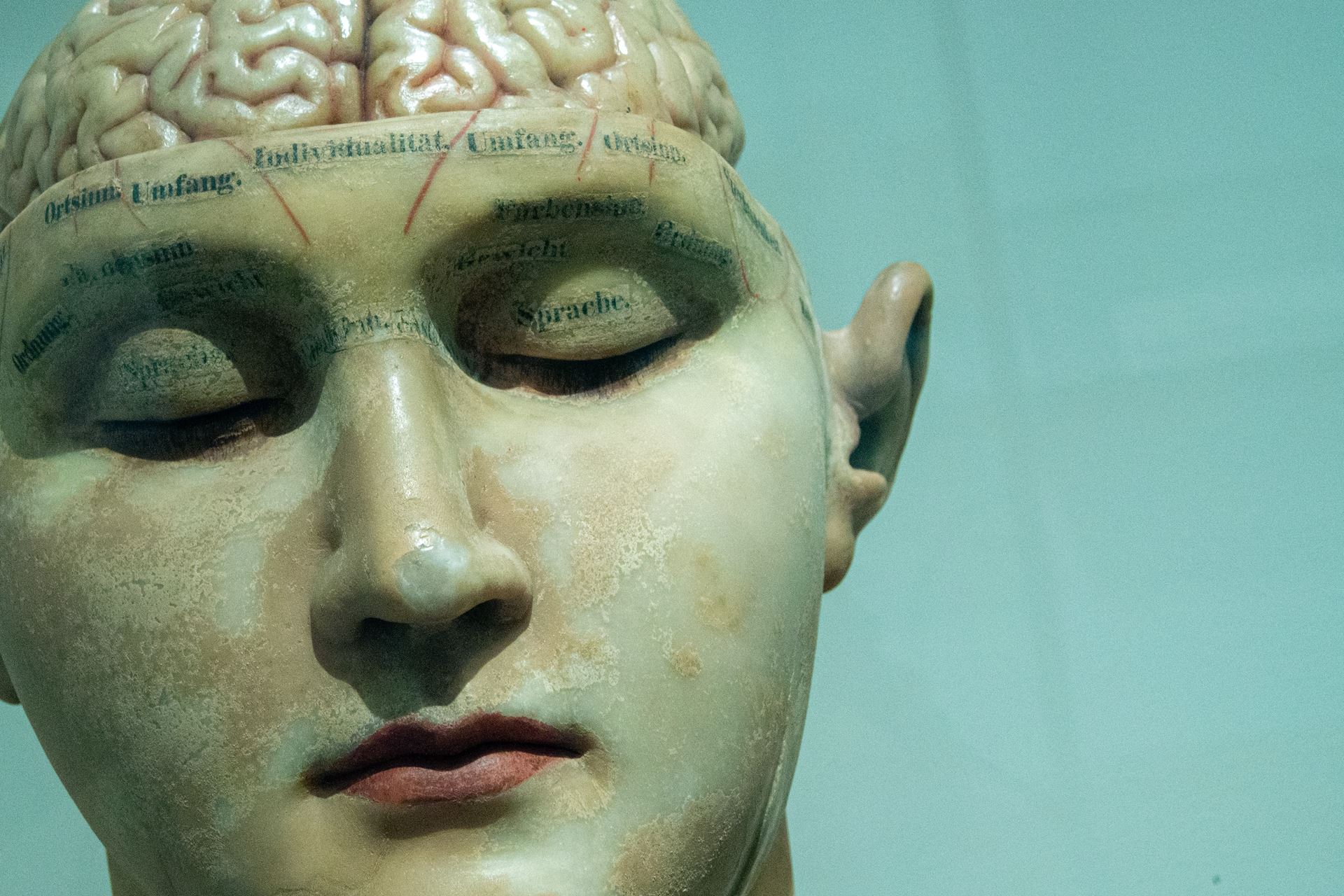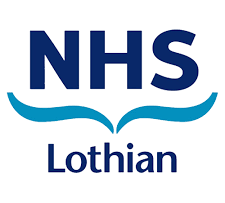Headaches
Headaches are a common presentations we see in general practice. It characterized by pain or discomfort in the head but can extend to the face and neck area. They can vary in intensity, duration, and location, and may be accompanied by other symptoms. Understanding the different types of headaches and their specific symptoms can help in effective management. Below, our clinicians have collated information resources and support to help understand and manage different types of common headaches as listed:
- Tension headaches
- Migraines
- Sinus headaches
- Cluster headaches
At the bottom of the page is a downloadable headache diary and useful links to more support and information.
Tension Headaches
Tension headaches are the most common type of headache experienced by individuals. They are often described as a dull, aching pain that wraps around the head, usually affecting both sides. Common symptoms include:
- Mild to moderate pain or pressure in the head.
- Tenderness in the scalp, neck, or shoulder muscles.
- Sensation of tightness or a band-like pressure around the head.
Management:
- Over-the-counter pain relievers such as acetaminophen or nonsteroidal anti-inflammatory drugs (NSAIDs) like ibuprofen can provide relief.
- Applying heat or cold packs to the affected area may help alleviate symptoms.
- Relaxation techniques, stress management, and regular exercise can reduce tension and prevent headaches.


Migraines
Migraines are intense more localised type of headache often accompanied by other symptoms, such as nausea, sensitivity to light and sound, and visual disturbances. Migraines can last for hours to days and can significantly impact daily life. Symptoms include:
- Moderate to severe pulsating or throbbing pain, usually on one side of the head.
- Nausea, vomiting, or stomach upset.
- Sensitivity to light, sound, or certain smells.
- Visual disturbances, such as flashing lights or blind spots (aura) before or during the headache.
Management:
- Prescription medications such as triptans, anti-nausea drugs, or pain relievers may be prescribed by a healthcare professional.
- Identifying triggers (such as certain foods, stress, or hormonal changes) and making lifestyle adjustments can help prevent migraines.
- Relaxation techniques, biofeedback, and maintaining a regular sleep schedule can be beneficial.
Sinus Headaches:
Sinus headaches occur when the sinuses, which are air-filled spaces within the skull, become inflamed or congested. Symptoms include:
- Deep, constant pain and pressure in the forehead, cheeks, or bridge of the nose.
- Nasal congestion and discharge.
- Facial tenderness or swelling.
Management:
- Treating the underlying sinusitis or nasal congestion can alleviate sinus headaches. Over-the-counter decongestants or nasal saline irrigation may provide relief.
- Applying warm compresses to the face can help reduce pain and congestion.
- In some cases, antibiotics may be prescribed if the sinus headache is caused by a bacterial infection.


Cluster Headaches
Cluster headaches are relatively rare but extremely painful headaches that occur in clusters or cycles. They typically occur on one side of the head and are often accompanied by other symptoms. Symptoms include:
- Intense, excruciating pain, often described as a burning or piercing sensation around one eye or temple.
- Red or teary eyes, drooping eyelid, or a stuffy or runny nose on the affected side.
- Restlessness and agitation during an attack.
Management:
- Oxygen therapy and specific medications, such as triptans or calcium channel blockers, may be prescribed by a healthcare professional.
- Avoiding alcohol and tobacco, which can trigger cluster headaches, is recommended.
- Establishing a regular sleep pattern and managing stress can be helpful in preventing cluster headaches.
Who assesses headaches?
The vast majority of headaches can be safely assessed and managed successfully by our clinical team in Bangholm Medical Centre.
In rare cases, where treatment fails we can refer to our colleagues at the Western General Hospital to the Neurology Specialist for further advice and assessment in a hospital clinic.

Page created: 04 September 2020


